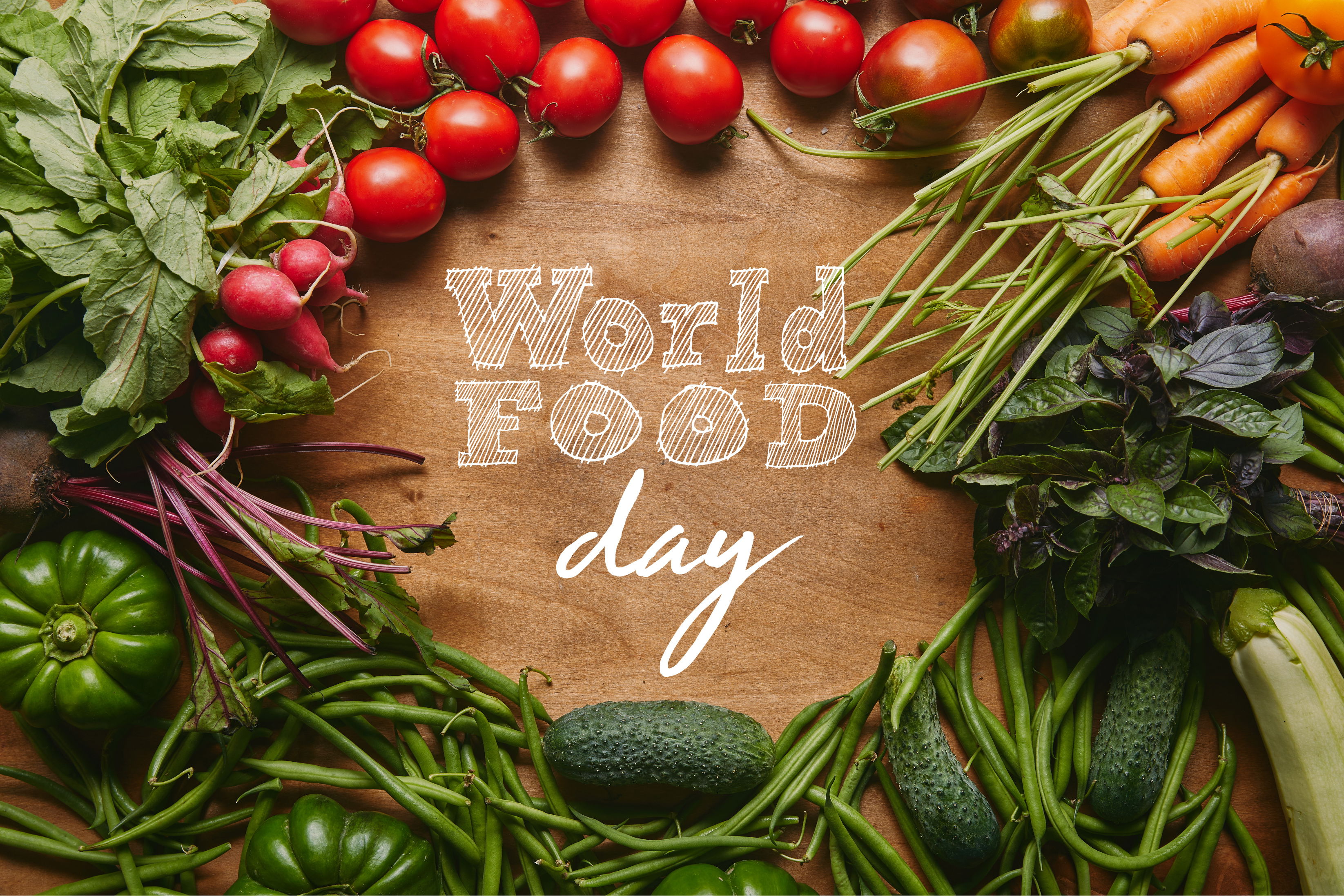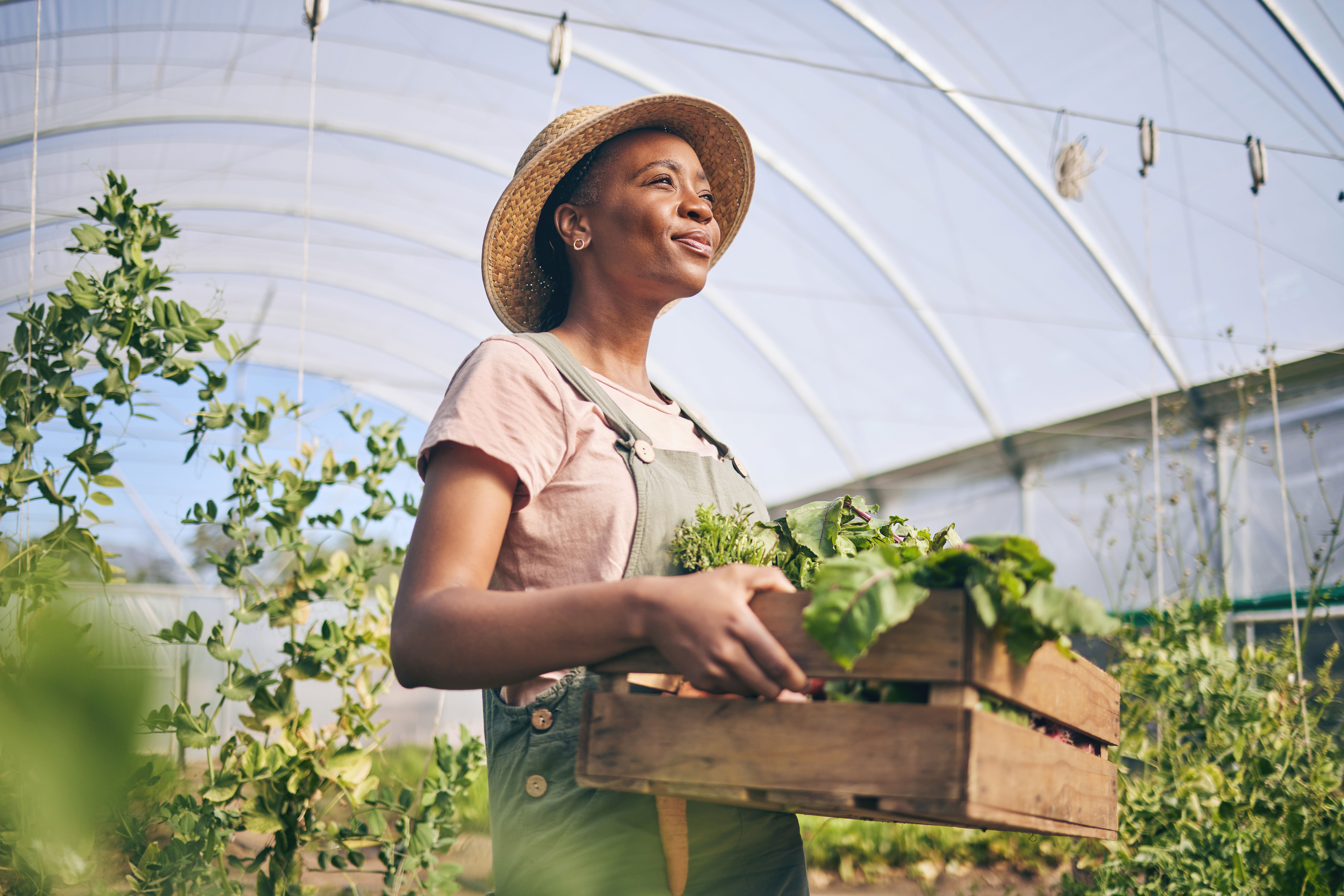WORLD FOOD DAY: RIGHT TO FOOD FOR A BETTER LIFE AND A BETTER FUTURE
Yesterday, on 16th October, we, we celebrate World Food Day globally. Established in 1979 by the Food and Agriculture Organization (FAO) of the United Nations, this day is meant to promote global awareness and action against hunger, malnutrition and poverty. It aims at highlighting the plight of the hungry and malnourished, promoting sustainable agricultural and food systems and encouraging global cooperation to address food security.

This year’s theme, “Right to Foods for a Better Life and a Better Future” emphasises the fundamental human right to access nutritious food, essential for a dignified and healthy life. This involves transformation of agrifood systems to enhance human health and well-being, promoting sustainable agriculture and reducing environmental degradation, promoting social stability and peace. Transformation of agrifood systems requires collective action to address hunger, malnutrition and poverty, innovation and policy support hence ensuring that all people have the right to food. Every individual, organisation and government has a role to play in creating a more sustainable, equitable and resilient food system.
According to a 2024 report by Action Against Hunger, nearly one in 11 people around the world go to bed hungry each night, a crisis driven largely by conflict, climate change, and chronic inequality. In order to ensure good food for all, for today and tomorrow farmers need to adapt to climate resilient and sustainable agricultural practices and promotion of agroecology and organic farming. Individuals need to eat a balanced and diverse diet, choose sustainable, locally sourced and seasonal food, reduce food waste, advocate for food security policies.
In the move to promote food security, everyone has a role to play to ensure that the much food that is produced by farmers around the world reaches each one. To promote food security organisations such as the Agripreneurship Alliance is supporting youth in Africa giving them knowledge and skills that go beyond their classrooms. Some of these youth who participated in the Entrepreneurship in Agribusiness course have built businesses which are not only growing organic food but also adding value to the food that they are producing. Through this, they are able to create sustainable ways on how to preserve their foods for a longer period to be consumed for a longer period through the dry spells. We have compiled impact stories on the business start up award winners of the Entrepreneurship in Agribusiness course. These young entrepreneurs are striving to create an impact and improve on the livelihoods of the people in their communities. Don’t miss out on their interesting stories from our website.

The governments can transform the agrifood system through implementation of policies supporting sustainable agriculture, investing in agricultural research and development of research systems, encouraging urban agriculture and local food systems and supporting small scale farmers with subsidies and training. Promotion of trade policies supporting sustainable agriculture and climate change mitigation and adaptation strategies. Starting up food assistance programs for example food banks and meal programs, emergency aids (disaster relief, refugee support), microfinance initiations, nutrition education and supplementation can act as short term solutions to the improvement of the food system.
It is vital that we recognise the need to also improve food production and distribution through sustainable agricultural practices, improving food storage and transportation infrastructure, enhancing food distribution networks, supporting local food systems and farmers markets. Through advocating for food policies, we are able to enhance social protection programs, improve access to healthcare and education and also advocate for human rights for food.
Through tracking progress, conducting regular assessments and evaluation, fostering collaboration and knowledge can we monitor and evaluate the strategies implemented, adjustments based on lessons learnt to build a better, more inclusive world where everyone has access to the food they need for a healthy and dignified life.
Sheila Mary Bahonya
Agripreneurship Alliance
16 October 2024